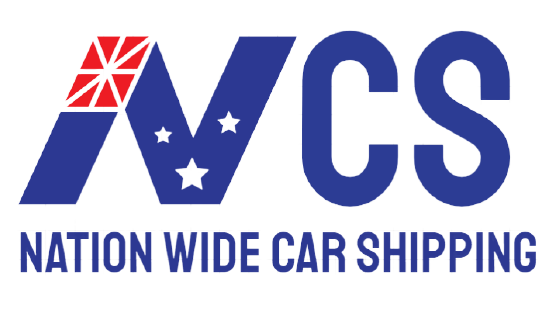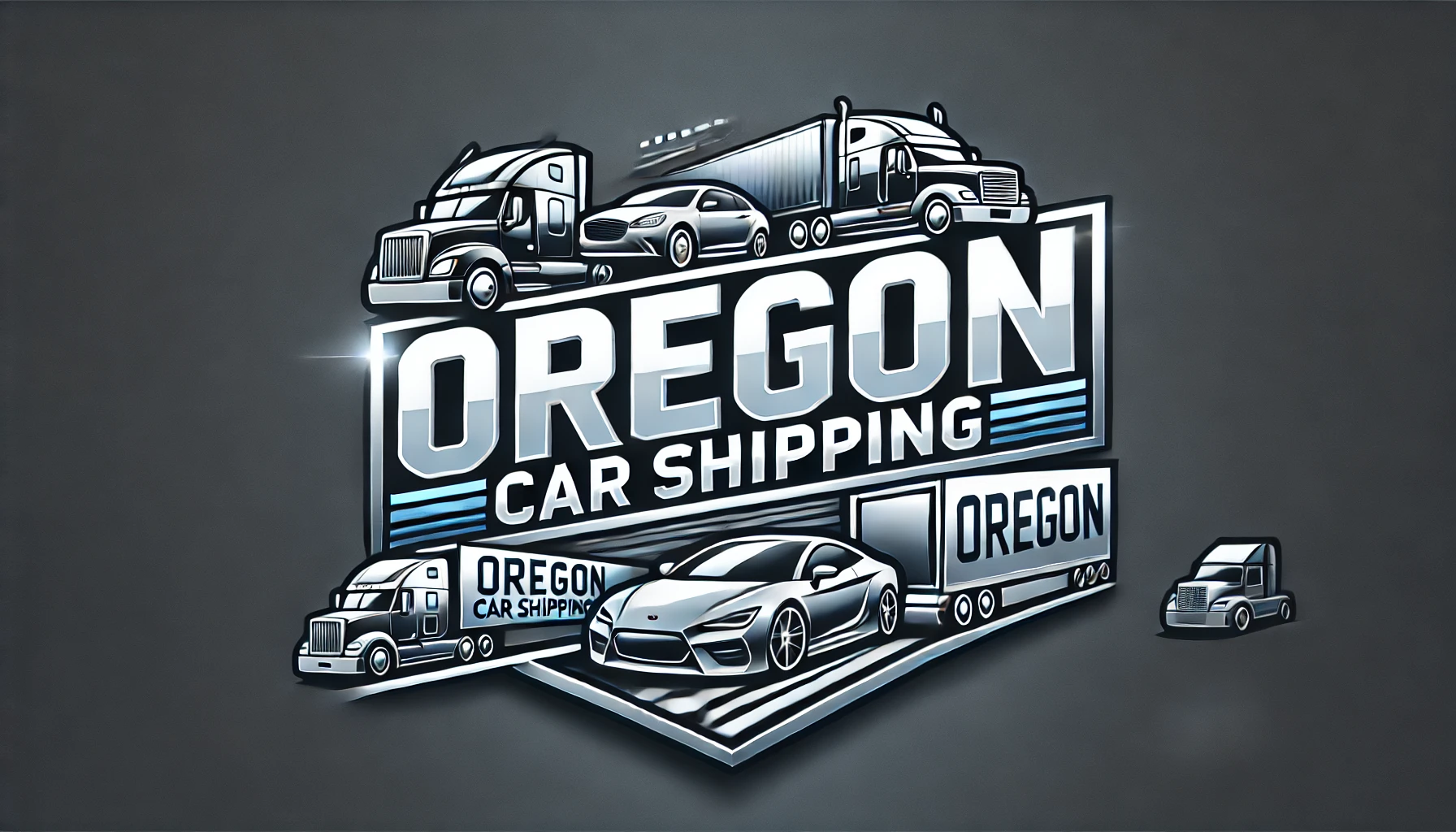A Comprehensive Analysis of Oregon Car Shipping Services
Understanding Oregon Car Shipping
Oregon, a state renowned for its natural beauty and diverse landscapes, often attracts individuals seeking a change of scenery. Whether you’re moving to the state for work, school, or simply a lifestyle change, car shipping becomes an essential consideration. This comprehensive analysis will delve into the intricacies of Oregon car shipping, exploring various service providers, frequently asked questions, and the associated pros and cons.
Key Terms and Definitions
- Oregon car shipping: The process of transporting a vehicle to or from Oregon.
- Oregon auto transport: Another term used to describe the transportation of vehicles to or from Oregon.
- Car shipping to Oregon: Specifically refers to transporting a vehicle to Oregon.
- Car transport from Oregon: Specifically refers to transporting a vehicle away from Oregon.
- Auto transport in Oregon: Encompasses both car shipping to and from Oregon.
- Vehicle shipping Oregon: A general term that can be used interchangeably with car shipping to Oregon.
Nationwide Car Shipping LLC: A Case Study
Nationwide Car Shipping LLC is a prominent player in the car shipping industry, offering services to and from Oregon. To gain a deeper understanding of the process, let’s examine some frequently asked questions and the associated pros and cons.
Frequently Asked Questions
- How long does it take to ship a car to Oregon?
- The transit time varies depending on the starting point, destination, and shipping method. Generally, it can take anywhere from a few days to several weeks.
- What documents are required for car shipping to Oregon?
- Typically, you’ll need the vehicle’s title, registration, and proof of insurance. Additional documentation may be required depending on the shipping company and your specific circumstances.
- What is the cost of car shipping to Oregon?
- The cost is influenced by several factors, including the distance, vehicle size, shipping method (open or enclosed carrier), and any additional services. It’s advisable to obtain quotes from multiple companies for comparison.
- Can I ship my car with personal belongings inside?
- Most shipping companies allow you to ship personal belongings inside your vehicle, but there may be restrictions or additional fees. It’s essential to clarify these details with the carrier.
- What happens if my car gets damaged during shipping?
- Reputable car shipping companies have insurance policies to cover any potential damage. It’s crucial to review the terms of the insurance coverage before shipping your vehicle.
Pros and Cons of Nationwide Car Shipping LLC
Pros:
- Extensive network: Nationwide Car Shipping LLC likely has a vast network of carriers, ensuring efficient transportation to and from Oregon.
- Competitive pricing: They may offer competitive rates compared to other shipping companies.
- Insurance options: The company probably provides insurance coverage to protect your vehicle during transit.
- Customer support: They may have a dedicated customer support team to address your questions and concerns.
Cons:
- Limited control: Once your vehicle is in transit, you may have limited control over its location or progress.
- Potential delays: Shipping can be subject to unexpected delays due to weather conditions, traffic, or other unforeseen circumstances.
- Additional fees: There might be hidden fees or charges that are not immediately apparent in the initial quote.
Choosing the Right Car Shipping Company
When selecting a car shipping company, consider the following factors:
- Reputation: Research the company’s reputation and read customer reviews.
- Services offered: Ensure the company provides the specific services you need, such as open or enclosed carrier options.
- Insurance coverage: Verify the extent of insurance coverage provided.
- Pricing: Compare quotes from different companies to find the best deal.
- Customer service: Evaluate the quality of their customer support.
Oregon Logistics: A Deep Dive
Geographic Considerations
Oregon’s unique geographic features significantly impact its logistics landscape. The state’s mountainous terrain, particularly the Cascade Range, can present challenges for transportation routes. However, its proximity to the Pacific Ocean provides access to major seaports, making it a strategic location for international trade.
Key Transportation Infrastructure
- Highway System: Oregon boasts a well-developed highway network, including Interstate 5, a major north-south artery connecting the state to California and Washington.
- Railways: The state is served by several railroads, including the Union Pacific Railroad, providing rail transportation for both freight and passengers.
- Airports: Portland International Airport is the state’s primary airport, serving both domestic and international flights.
- Seaports: The Port of Portland is a major gateway for international trade, handling a variety of cargo, including agricultural products, manufactured goods, and automobiles.
Economic Factors
Oregon’s economy is diverse, with significant contributions from sectors such as technology, agriculture, forestry, and manufacturing. These industries drive the demand for logistics services, including transportation, warehousing, and distribution.
Specialized Logistics Services
Given Oregon’s unique characteristics, specialized logistics services have emerged to cater to specific industries and needs. These services may include:
- Agricultural Logistics: Handling perishable goods like fruits, vegetables, and wine, often requiring temperature-controlled transportation and storage.
- Timber Logistics: Transporting logs and processed wood products, often involving heavy-haul transportation and specialized equipment.
- Technology Logistics: Handling sensitive electronic components and equipment, requiring secure transportation and storage facilities.
- E-commerce Logistics: Facilitating the efficient delivery of online orders, including last-mile delivery and reverse logistics.
Challenges and Opportunities
- Infrastructure Development: Oregon faces challenges in maintaining and upgrading its transportation infrastructure, particularly in rural areas.
- Sustainability: There is a growing emphasis on sustainable logistics practices, including reducing carbon emissions and minimizing environmental impact.
- E-commerce Growth: The rise of e-commerce presents both opportunities and challenges for Oregon’s logistics industry, as it demands efficient and timely delivery services.
- Trade Policy: Changes in trade policies, such as tariffs or trade agreements, can impact Oregon’s logistics sector by affecting the flow of goods and trade volumes.
Oregon’s logistics landscape is shaped by its geography, economy, and specific industry needs. The state’s transportation infrastructure, coupled with its strategic location, plays a vital role in supporting its economic growth. By addressing challenges and embracing opportunities, Oregon can continue to enhance its logistics capabilities and position itself as a competitive hub for trade and commerce.
Conclusion
Shipping a car to or from Oregon can be a convenient and efficient way to transport your vehicle. By understanding the key terms, researching reputable companies like Nationwide Car Shipping LLC, and carefully considering the pros and cons, you can make an informed decision that best suits your needs. Remember to obtain quotes from multiple providers and thoroughly review the terms and conditions of the shipping agreement.

